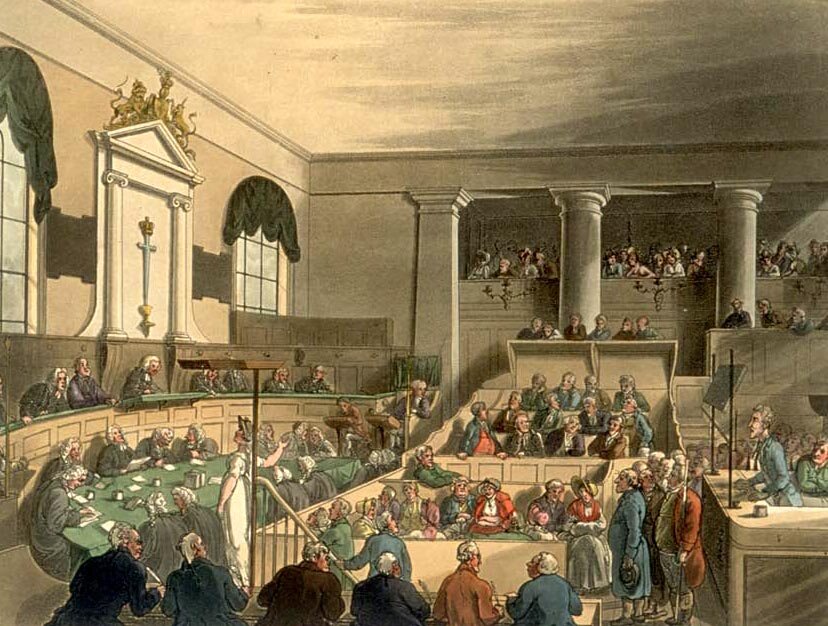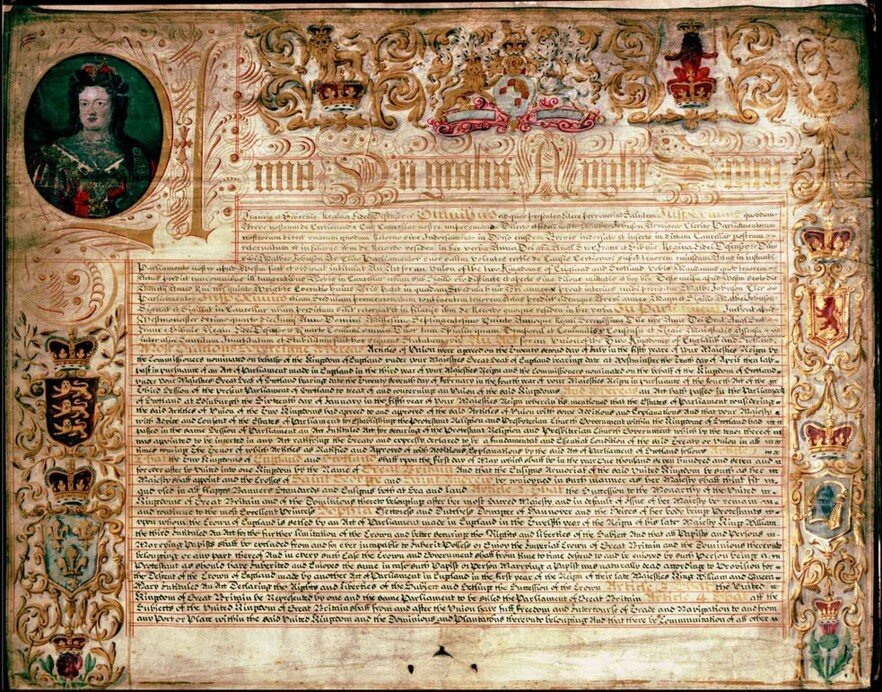
Stories, Deep Stories, and Conspiracy Theories
Some of my newest research focuses on the conceptual implications of stories people often tell themselves about history and their place in it. My essay “The Walter Scott Experience: Living American History after Waverley” attends to how living history museums, reenactments, and Walter Scott’s historical novels expose disconnects in general between experiencing national history, understanding it, and telling stories about it. I also am writing essays currently on how Scott novels like Redgauntlet and Rob Roy critique specific, enduring legal concepts of responsibility and restitution that are commonly brought to bear on projects of remembering and responding to difficult moments in national history. These legal concepts include “conspiracy,” “settlement,” “reparation,” and “equivalence.”

Another essay I am writing recounts the improbable story of how Mel Gibson’s film about medieval Scotland, Braveheart, became a “deep story” channeling right-wing political anger in the United States, something that continues to have a profound effect on how many disaffected Americans conceive of recent national history and their civic responsibilities under it. Finally, my research on eighteenth-century gardening has interested me in the historicity of the idea of “vantage points,” or “points of view,” and the political limitations and affordances of our reliance on spatial forms more generally to conceive of stories as having things like “arcs” and “sides.”

“The Walter Scott Experience: Living American History after Waverley,” in Constellations of a Contemporary Romanticism, ed. by Jacques Khalip and Forest Pyle (Fordham UP, 2016).

“Throwing History Out of Court: Walter Scott, Historiography, and the Law of Conspiracy” (work-in-progress)

“The Far Right’s Braveheart New World” (work-in-progress)

“Union & Equivalence: Scott’s Accounting for Scotland’s Pacific Trade Scheme” (work-in-progress)